Chicken Soup With Knives (2012)
Genre : Documentary
Runtime : 59M
Director : Leora Eisenstein
Synopsis
Chicken Soup With Knives is a personal documentary that chronicles filmmaker Leora Eisenstein’s journey (with her sister and other companions) to Lviv, her family’s hometown before World War II. There, she embarks on a search for her roots as well as a sense of justice. The journey from Israel to Ukraine encompasses meetings with current residents of Lviv, family reunions, and personal reflections. All of these elements converge as the film maps the effects of the past—and all of its painful memories—on the present.
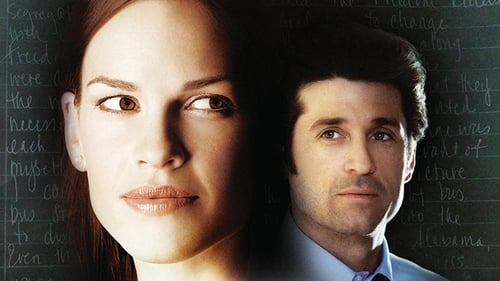
A young teacher inspires her class of at-risk students to learn tolerance, apply themselves, and pursue education beyond high school.
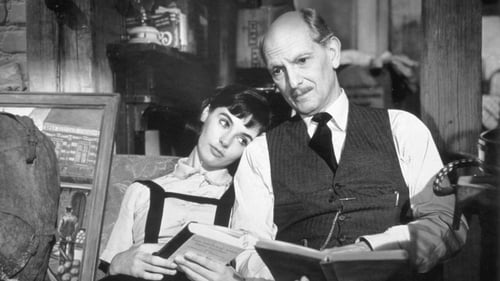
The true, harrowing story of a young Jewish girl who, with her family and their friends, is forced into hiding in an attic in Nazi-occupied Amsterdam.
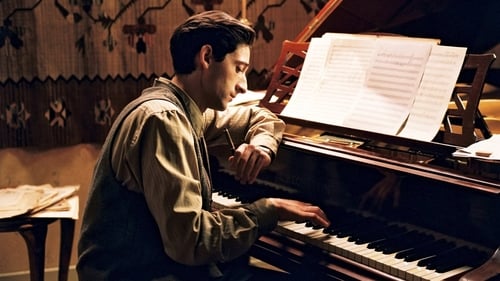
The true story of pianist Władysław Szpilman's experiences in Warsaw during the Nazi occupation. When the Jews of the city find themselves forced into a ghetto, Szpilman finds work playing in a café; and when his family is deported in 1942, he stays behind, works for a while as a laborer, and eventually goes into hiding in the ruins of the war-torn city.
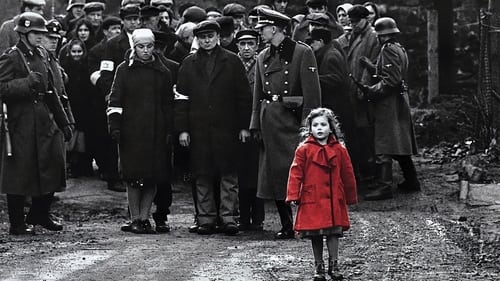
The true story of how businessman Oskar Schindler saved over a thousand Jewish lives from the Nazis while they worked as slaves in his factory during World War II.
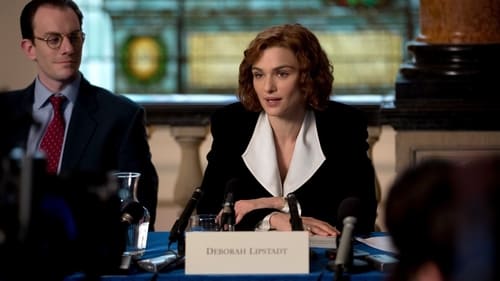
Acclaimed writer and historian Deborah E. Lipstadt must battle for historical truth to prove the Holocaust actually occurred when David Irving, a renowned denier, sues her for libel.
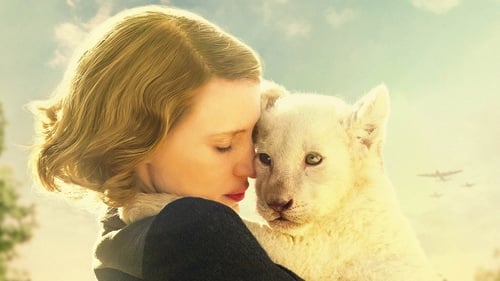
The account of keepers of the Warsaw Zoo, Jan and Antonina Zabinski, who helped save hundreds of people and animals during the Nazi invasion.
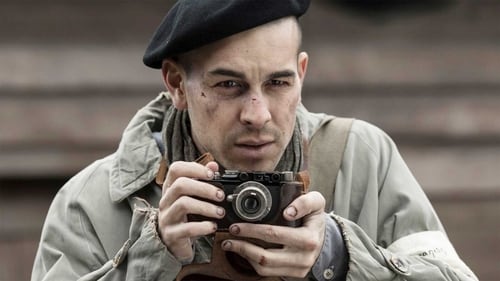
Spanish photographer Francesc Boix, imprisoned in the Mauthausen-Gusen concentration camp, works in the SS Photographic Service. Between 1943 and 1945, he hides, with the help of other prisoners, thousands of negatives, with the purpose of showing the freed world the atrocities committed by the Nazis, exhaustively documented. He will be a key witness during the Nuremberg Trials.
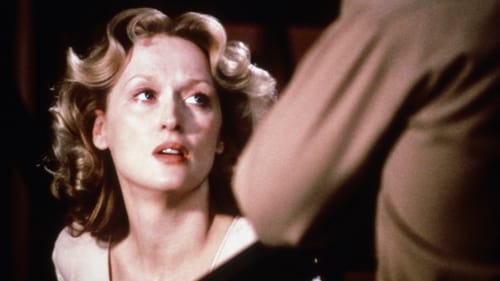
Stingo, a young writer, moves to Brooklyn in 1947 to begin work on his first novel. As he becomes friendly with Sophie and her lover Nathan, he learns that she is a Holocaust survivor. Flashbacks reveal her harrowing story, from pre-war prosperity to Auschwitz. In the present, Sophie and Nathan's relationship increasingly unravels as Stingo grows closer to Sophie and Nathan's fragile mental state becomes ever more apparent.
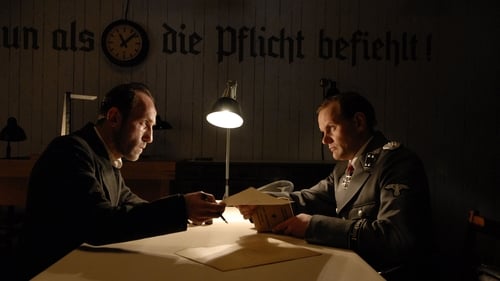
The story Jewish counterfeiter, Salomon Sorowitsch, coerced into assisting the Nazi operation of the Sachsenhausen concentration camp during World War II.
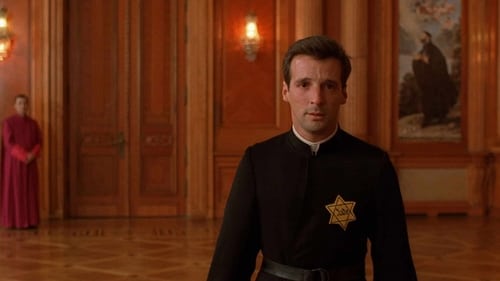
Kurt Gerstein—a member of the Institute for Hygiene of the Waffen-SS—is horrified by what he sees in the death camps. he is then shocked to learn that the process he used to purify water for his troops by using Zyklon-B, is now used to kill people in gas chambers.
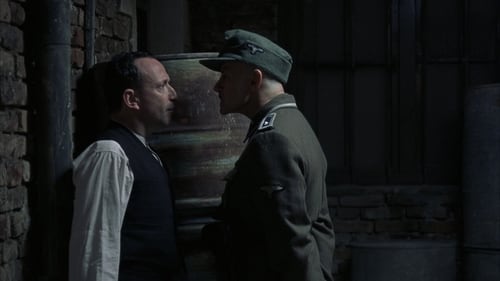
A Nazi doctor—along with the Sonderkomando, Jews who are forced to work in the crematoria of Auschwitz against their fellow Jews—find themselves in a moral grey zone.

Irena Sendler is a Catholic social worker who has sympathized with the Jews since her childhood, when her physician father died of typhus contracted while treating poor Jewish patients. When she initially proposes saving Jewish children from the Warsaw Ghetto, her idea is met with skepticism by fellow workers, her parish priest, and even her own mother Janina.
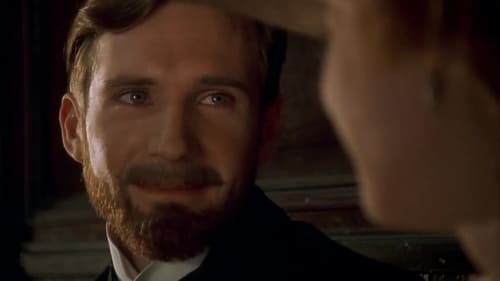
The story of a Jewish family living in Hungary—through three generations—rising from humble beginnings to positions of wealth and power in the crumbling Austro-Hungarian Empire. The patriarch becomes a prominent judge but is torn when his government sanctions anti-Jewish persecutions. His son converts to Christianity to advance his career as a champion fencer and Olympic hero, but is caught up in the Holocaust. Finally, the grandson, after surviving war, revolution, loss and betrayal, realizes that his ultimate allegiance must be to himself and his heritage.
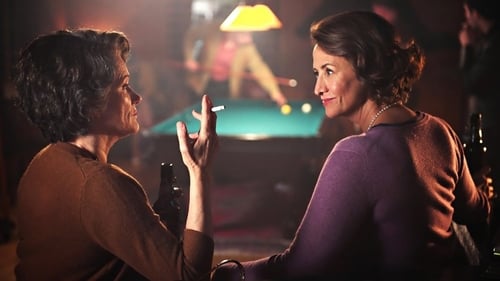
HANNAH ARENDT is a portrait of the genius that shook the world with her discovery of “the banality of evil.” After she attends the Nazi Adolf Eichmann’s trial in Jerusalem, Arendt dares to write about the Holocaust in terms no one has ever heard before. Her work instantly provokes a furious scandal, and Arendt stands strong as she is attacked by friends and foes alike. But as the German-Jewish émigré also struggles to suppress her own painful associations with the past, the film exposes her beguiling blend of arrogance and vulnerability — revealing a soul defined and derailed by exile.
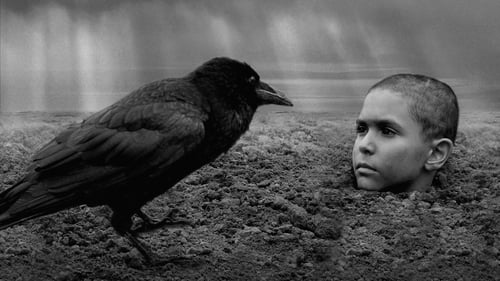
A young boy wanders Eastern Europe during World War II.
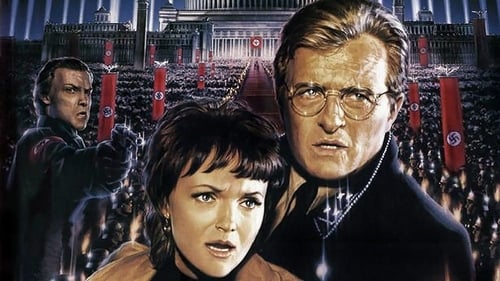
Fictional account of what might have happened if Hitler had won the war. It is now the 1960s and Germany's war crimes have so far been kept a secret. Hitler wants to talk peace with the US president. An American journalist and a German homicide cop stumble into a plot to destroy all evidence of the genocide.
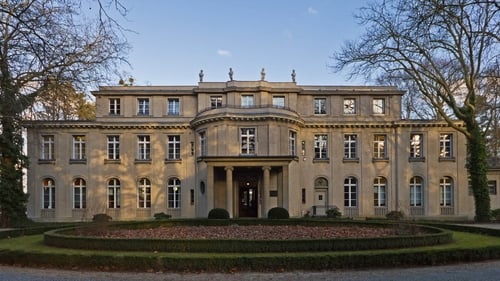
The historical recreation of the 1942 Wannsee Conference, in which Nazi and SS leaders gathered in a Berlin suburb to discuss the "Final Solution to the Jewish Question". Led by SS-General Reinhard Heydrich, this group of high ranking German officials came to the historic and far reaching decision that the Jews of Europe were to be exterminated in what would come to be known as the Holocaust.
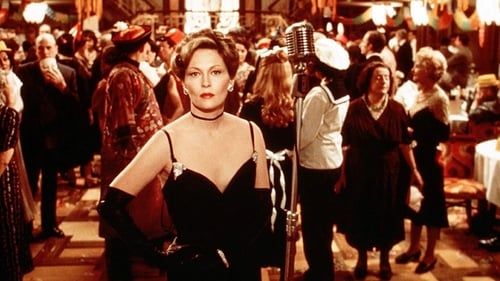
A luxury liner carries Jewish refugees from Hitler's Germany in a desperate fight for survival.
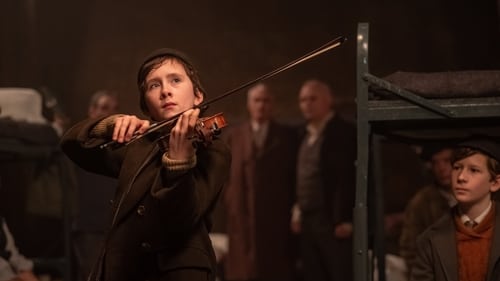
A man searching for his childhood best friend — a Polish violin prodigy orphaned in the Holocaust — who vanished decades before on the night of his first public performance.

Fanny is a Jewish girl in a French orphanage in 1943. When she and her friends are no longer safe from the Nazis, they try to flee to Switzerland. After their guide disappears, Fanny has to take the lead and help the other kids make it over the mountains.




















